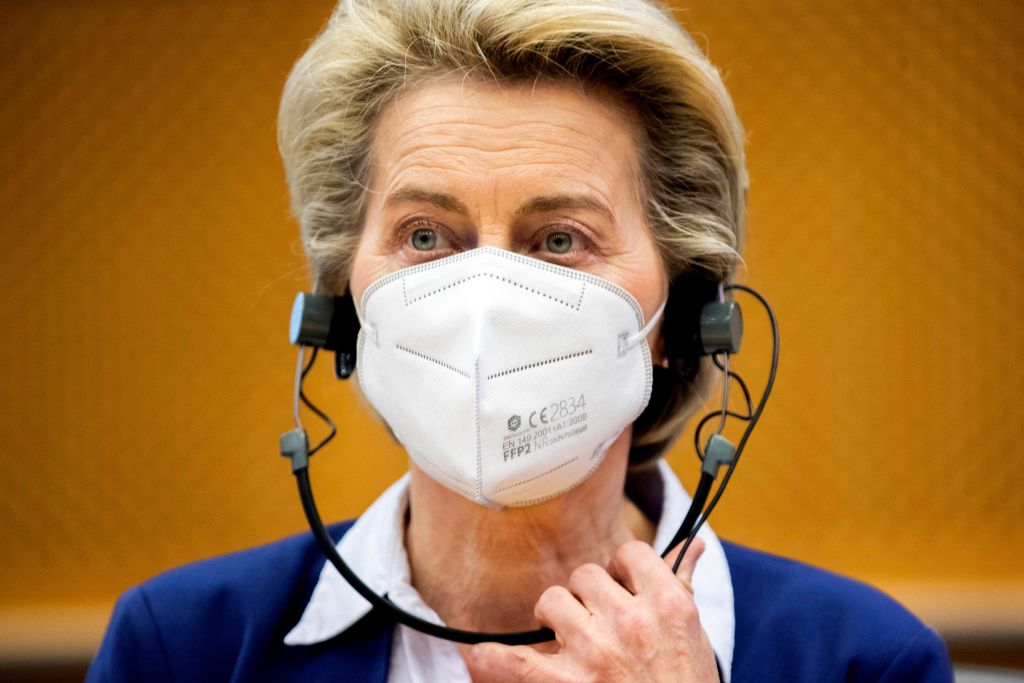The Lugano convention – part of a tapestry of complicated international law agreements ensuring the courts of one country recognise the courts of another – has a dull name but it matters a great deal. Since the EU referendum, the convention has played a small role in the great internecine conflict between Britain and Brussels. Much energy has been wasted in this series of pointless bust-ups.
And now, the EU is determined to use the Lugano convention – a playing field it claims to control – to ensure Britain pays a price for Brexit, by effectively blocking us from rejoining the convention.
Why does this matter? Because without the convention, business suffers. If a court in Germany finds you owe Barry £200,000, then the UK will let Barry enforce that debt over your London house. You can reverse the countries (or change Barry’s name) but that is the gist of it. And this is all possible thanks to the convention.
Like squabbling parents who have taken their divorce in to their child’s school, it is at best unseemly
This is important in a world of 193 countries (and even more sovereign legal systems) which imagine they enjoy sole dominion over the earth. Of course they don’t, which is why we need conventions and international treaties to ensure everyone’s’ courts will respect everyone else’s court. It seemed obvious that the European Commission would allow Britain to rejoin the convention. Yet at a closed-doors meeting this week, the Commission decided to play stubborn and prevent Britain from doing so.
Enforcing a national court judgement between the UK and EU will get harder without Lugano. Pointlessly.
When the Lugano convention was dreamed up it was (genuinely) a progressive step on getting international courts to work together. That in turn makes foreign property ownership easier, which promotes trade and makes everyone richer. What’s not to like?
The noble (and right) idea was that the EU plus some others would set an international standard and invite others to join. No one got around to that, but that was the aim. In 2021, this aim is being ignored; ‘non non’ we are told, this was protectionist all along. That is untrue.
The non-EU states who signed Lugano all back the UK joining it – which surprises no one who is not political. This week there were positive noises from the EU member states. Only in the last few days has Brussels – the part of the EU without an economy and without any bothersome electorate to say ‘what on earth are you doing?’, has vetoed UK membership.
None of this is necessary. The UK has a very long history of recognising courts from other places. It doesn’t always suit political narratives, but during the days of Empire we recognised the courts of that pink territory. One by one, as old bits of the Empire gained freedom they remained recognised and still are today by laws written over 100 years ago.
‘But they left’ they said. ‘Sure,’ we said ‘but trade is trade’.
Lugano isn’t perfect. If anyone can find a workaround losing it, it will be the leading centre for global litigation – London. If the UK retaliated then companies inside the EU would become collateral damage. But what is clearly dead is the idea Lugano once enshrined – that of greater global judicial cooperation. At least inside the EU. Let’s hope the UK continues to look outward.
For now, the EU has oddly chosen to take its fight into the Lugano convention. Like a squabbling parent who brings their divorce fight in to the child’s school play it is at best unseemly. This is a pointless and destructive waste of collective resources. The victims are companies wanting to make contracts across borders who are currently asking ‘what do we do?’. Yet if this row allows Brussels to score political points against Brexit Britain, that hardly seems to matter to the European Commission.






Comments